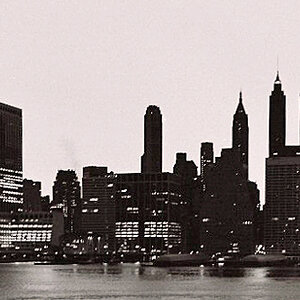Derrel
Mr. Rain Cloud
- Joined
- Jul 23, 2009
- Messages
- 48,225
- Reaction score
- 18,941
- Location
- USA
- Website
- www.pbase.com
- Can others edit my Photos
- Photos OK to edit
Gary A said:All journalists know the rules. All journalists know that if you break the rules you're not only fired but you're blackballed from ever working news again.
I think you mean "older, reputable, old-school journalists knew the OLD rules." This New York Times article from their lensblog is titled Debating The Rules and Ethics of Digital Photojournalism; the reason that matters is that there's a huge cadre of new-fangled PJ's who want to change the rules, and change the boundaries between old-school ethics, and what THEY WANT to be allowed to do. They want to be allowed to significantly alter,create, and or fake news images.
Here's how that article http://lens.blogs.nytimes.com/2015/...ation-ethics-of-digital-photojournalism/?_r=0 begins: "Significant questions have arisen after a large number of images were disqualified from this year’s World Press Photo competitionbecause of excessive — and sometimes blatant — post-processing. After independent experts examined the images being considered for prizes in the final rounds, and presented their findings to the jury, 20 percent of the photos were disqualified by the judges. This was often because of significant addition or subtraction to the image content.
These disqualifications — almost three times more than in last year’s competition — have generated discussion about the standards in photojournalism for post processing and the alteration of images."
Michelle McNally, jury chairwoman for the 2015 World Press Award said, "Many of these photographers clearly didn’t think what they were doing was wrong. But I’m telling you that it was often very wrong and not accidental. For now, it is hard to know what’s comprised and what’s not."
Read the segments from an unamed Photographer, and his or her writing, with many lines of excuse-making and bullsH!+ about his/her practices, and how last year, (s)he got caught, and said: "When I was notified that I was disqualified last year I was shocked and embarrassed." and also ,"We live in a world where there is a ton of image manipulation — if 20 percent of the highest level of photographers are doing it — maybe we need to examine what they are doing and come to accept that as a growth of photography." Kind of the old excuse, "HEY--there's a LOT of looters out here, breaking the law, so WTF, I'm going to loot this store too!!!"
It's no wonder this exhibit has been curated.


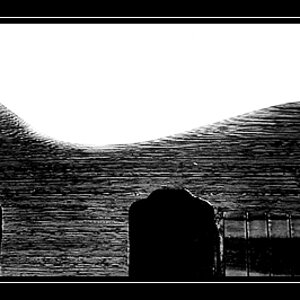
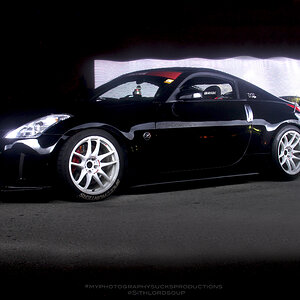
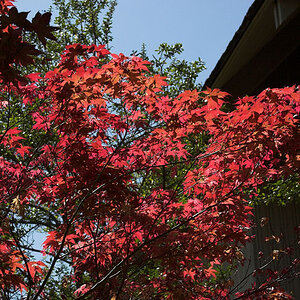
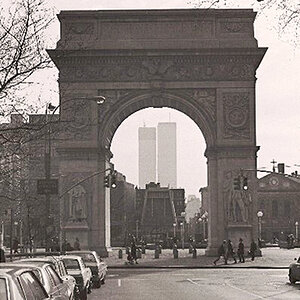
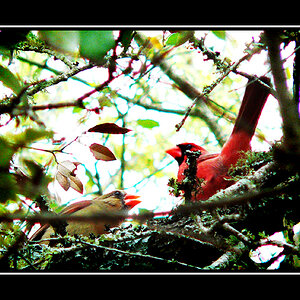
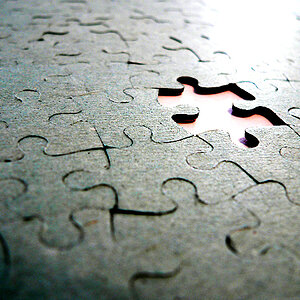
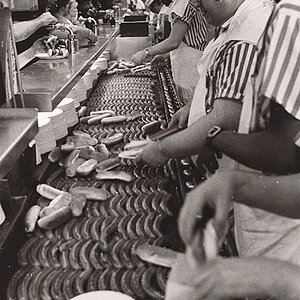
![[No title]](/data/xfmg/thumbnail/31/31034-2d8812b75c0bd23fdc2c885c24194e1f.jpg?1619734580)
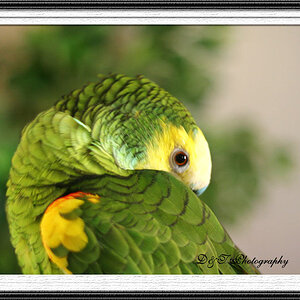
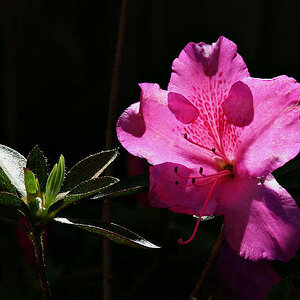
![[No title]](/data/xfmg/thumbnail/35/35668-5ed46d3abc5acbedc69d68e0c3a2173a.jpg?1619737090)
